By Tom Cardamone, June 4, 2015
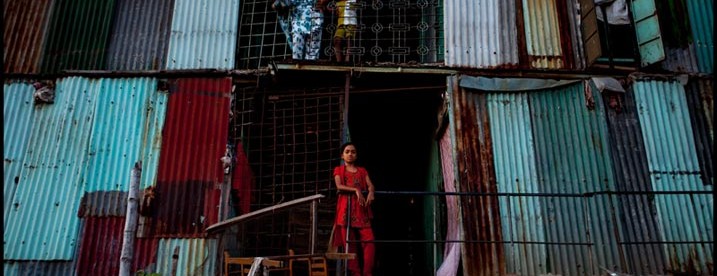
Illicit Financial Flows Have a Devastating Impact on the Poorest Countries in the World
What do you do when “the big number,” used to estimate the global volume of illicit financial flows (IFFs), begins to lose its luster?
Over the past year or so, GFI has begun to hear—in various venues and by various people—the warning to audiences that they shouldn’t “focus on the big number.” A trillion dollars is a global number, these observers say, and can’t be used to assess the impact at the country level. Or, they contend, the trillion dollars in IFFs is from a cluster of emerging market countries and therefore is skewed to make it look as though all developing countries have huge problems when really only a few do. GFI decided to go back to the data to see if the criticisms were accurate.
As a result, this week we are publishing “Illicit Financial Flows and Development Indices: 2008–2012,” a study that looks at illicit flows from the poorest countries to determine the development impact in those places that do not appear on the top-10 list of IFF-source nations by gross volume. Rather than focus on the Chinas and Russias and Mexicos of the world, we examined IFFs in nations that appear, for example, on the Least Developed Countries list or the Highly Indebted Poor Countries list—82 countries in all were examined. What we found was simply alarming.
By Tom Cardamone, March 18, 2015
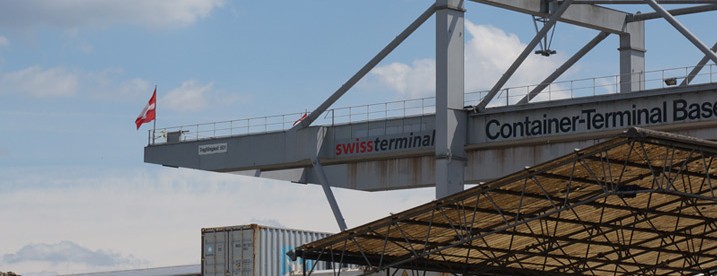
The “Zero Draft” of the Financing for Development Conference Outcome Document Should be Improved to Aim to Halve Illicit Flows from Trade Misinvoicing
On Monday, the United Nations released a so-called “Zero Draft” of the Financing for Development (FfD) Conference Outcome Document. Simply stated, this draft lays out the current political consensus on a vast array of development issues including how to address the growing problem of illicit financial flows (IFFs). It is by no means the final word on IFFs—or any other issue for that matter—but it gives a good indication where things are heading.
The draft proposes three specific steps to address IFFs, including:
- Developing “a proposal for an official definition of IFFs”,
- Developing “a proposal to publish official estimates [of IFF] volumes and breakdown,” and
- An international effort to “substantially reduce” the flow of IFFs.
These measures go a long way toward addressing a problem that has captured the attention of the development community over the last few years. For example, in 2013 the World Bank noted that “there is little doubt” that IFFs have a caustic effect on development, and last year the African Union noted that “it is imperative to curtail” illicit flows.
By Joseph Spanjers, January 20, 2015
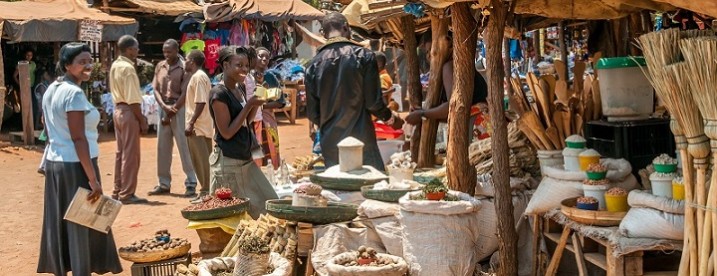
As a Percent of GDP, Sub-Saharan Africa Suffers the Largest Illicit Outflows of Any Region in the World
Global Financial Integrity’s (GFI) latest annual report on illicit financial flows–released just last month–estimates the volume of illicit financial outflows from the developing world from 2003 to 2012. It is the first report to estimate these flows for 2012, when they reached a record US$991.2 billion.
Already, this US$991.2 billion figure is being cited quite a bit; it is the main figure cited in many of the articles of we’ve seen on the report in the media. Take, for example, this story in The Guardian, this article from Reuters, or this piece in The Wall Street Journal. It’s the big, flashy, almost-trillion dollar number.
However, I’d like to draw your attention to a different figure, one that emphasizes even more clearly the implications of illicit financial flows on development: 5.5.
By Raymond Baker, December 19, 2014

Dear Friends,
Best wishes for a wonderful holiday season.
At Global Financial Integrity, we’ve had another tremendously successful year. On the global stage, many countries are now planning to begin exchanging financial information automatically by the end of 2017 or 2018. Just this week, the European Union agreed to end the incorporation of anonymous companies with the EU. The global community is actively discussing whether a goal to reduce illicit financial flows should be included in the upcoming Sustainable Development Goals.
That said, as our flagship annual report—published this week—on illicit financial flows from developing countries shows, the developing world continues to lose US$1 trillion per year in illicit outflows, and they are growing at roughly twice the rate of global GDP. More must be done.
While GFI’s work has a tremendous impact, we have done all of this with only about 10 staff members and a very modest budget, which significantly hinders the impact that we can have. Just imagine what we could do with a larger budget to leverage our groundbreaking global economic research and policy advisory work with governments.
By Joseph Spanjers, November 21, 2014
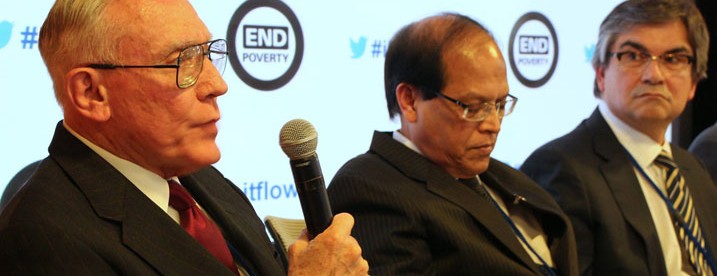
Mexico and Bangladesh Voice Support for a Clear Target on Curbing Illicit Financial Flows on the Sustainable Development Agenda
The United Nations is in the process of forming the post-2015 development agenda. These proposed Sustainable Development Goals (SDGs) will eventually replace the Millennium Development Goals (MDGs) that were agreed upon for 2000-2015. As with the MDGs, the SDGs will inform which development issues take priority in the coming years.
Sustainable Development Goal 16.4, as is currently proposed by the UN’s Open Working Group, calls on the international community to:
“by 2030 reduce illicit financial and arms flows, strengthen recovery and return of stolen assets, and combat all forms of organized crime.”
Global Financial Integrity (GFI) applauds the Open Working Group for considering illicit financial flows in its proposal. Though Goal 16.4 is definitely a start in the right direction, it is not exclusively focused on illicit financial flows, nor is it measurable in the least. GFI proposes the following as an alternative:
“by 2030, reduce illicit financial flows related to trade misinvoicing by 50%.”
By Tom Cardamone, September 30, 2014
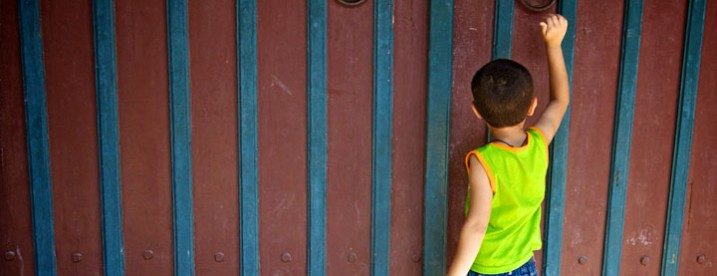
GFI Calls for a Sustainable Development Goal (SDG) to Halve Illicit Flows from Trade Misinvoicing by 2030
As I noted in yesterday’s post, the momentum toward global action on illicit flows by the international community (i.e. the United Nations, OECD, G20, etc) has grown substantially over the past three years. Indeed, last October, the World Bank Group noted that “there is little doubt that [illicit] flows have a pernicious impact on development” and the UN group working on development financing said that “domestic resource mobilization is being severely undermined by illicit financial flows.” And, in January, the African Union stated that “it is imperative to curtail illicit financial flows [to ensure] the efficient and effective use of resources.”
But, while there is an understanding of the problem and a willingness to act, there is no broad consensus on what should be done. The opportunity that presents itself comes from a once-in-a-generation confluence:
- the international community agreeing on the need to reduce illicit financial flows (IFFs), and
- 2) the fact that the Post-2015 development agenda is open for debate.
The political will already exists to address the IFF challenge in concrete ways. Now, the question is: what does a SMART (i.e. Specific, Measurable, Achievable, Relevant, Time-bound) SDG target on illicit flows look like?
By Tom Cardamone, September 29, 2014
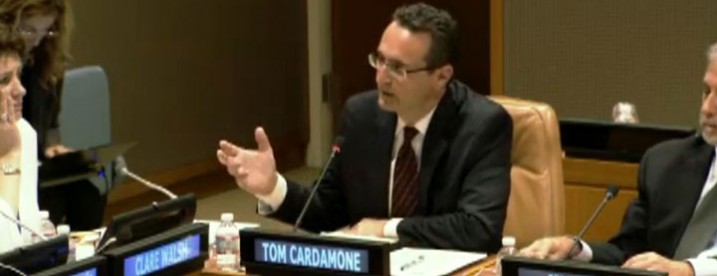
GFI Participates in High Level OECD Side-Event on Curbing Illicit Flows during UN General Assembly Meetings
On September 24th, tucked away in a quiet conference room in the basement of the UN General Assembly building, an extraordinary conversation took place on the future of global development. But, despite the gathering of representatives from the OECD, UN, World Bank, USAID and the Mexican, Australian, and Nigerian governments, the event received exactly zero media coverage.
Titled “Curbing Illicit Financial Flows for Domestic Resource Mobilization and Sustainable Development in the Post-2015 Era,” the focal point of the two-hour discussion was how the international community could, as the program description put it, “identify concrete international actions needed” to curtail illicit financial flows out of developing country economies. While other events were given more airtime and other issues may require more immediate attention, some ideas presented at the panel could be transformational in terms of how countries address the scourge of illicit flows and how the development agenda is funded.
By Grace Zhao, June 20, 2014
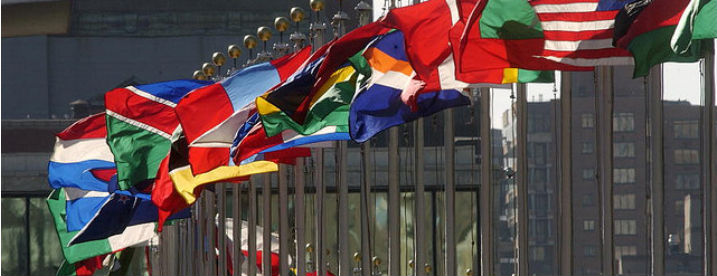
Capable and effective institutions and the rule of law benefit all sustainable development goals.
This is one of the arguments brought up by a number of NGOs, including Global Financial Integrity, in an open letter to the UN’s Open Working Group. Scroll down to read the open letter.
The Open Working Group is a 30-member group of the General Assembly of the UN that is responsible for preparing sustainable development goal proposals. As the deadline for the Millennium Development Goals approaches, an action plan for post 2015 has started. The Open Working group was established in January 2013 to draft a series of objectives for the post 2015 development agenda.
The Open Working Group has proposed 17 Sustainable Development Goals to be obtained by 2030, one of which is Goal 16.








